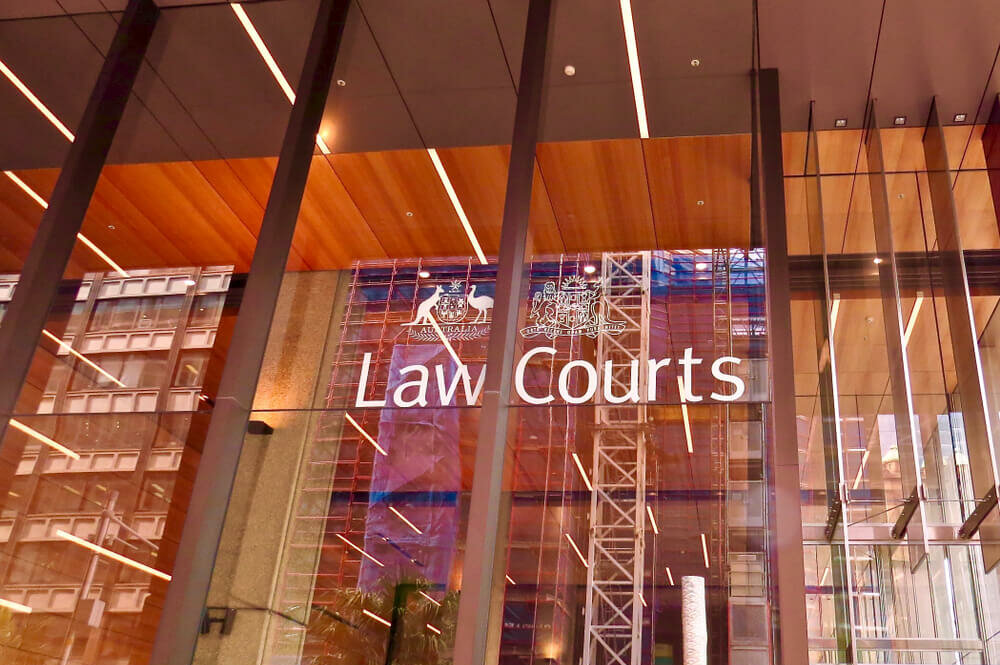Sports betting class action may drop remaining claims against lawyer


The lead applicant in a class action on behalf of investors who sank $12.3 million into an allegedly fraudulent sports betting scheme run by convicted conman Peter Foster may drop the case after a partner in the scheme filed for bankruptcy.
For information on rights and reprints, contact subscriptions@lawyerly.com.au